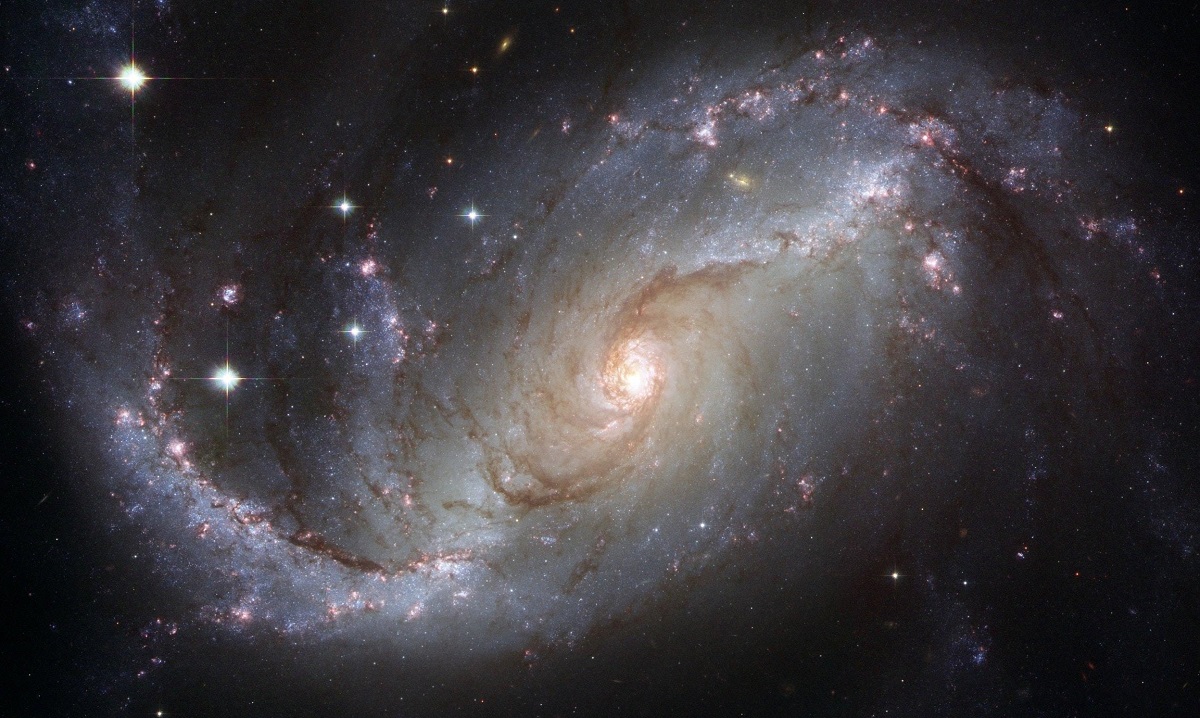Scientists have revisited the disproven light ageing hypothesis, which suggests the universe has been around for almost 27 billion years

Scientists have found a way to explain anomalies that do not fit the current hypothesis about the age of the Universe. It consists in refining the existing hypothesis of tired light.
Here's What We Know
It is generally accepted that the Big Bang happened almost 13.8 billion years ago. To this conclusion came experts after analysing the phenomenon when the wavelength of electromagnetic radiation for the observer increases relative to the wavelength of radiation that was emitted by the sources. It was called "red shift".
Everything would be fine with this hypothesis, but there are several anomalies that do not fit it. For example, the James Webb telescope found several galaxies and supermassive black holes at the dawn of the Universe that shouldn't exist there. Another problem is the star Methuselah, aka HD 140283. It is believed that its age may exceed 14 billion, i.e. it must be older than the Universe.
The hypothesis of light ageing was proposed almost 100 years ago. Astronomer Fritz Zwicky in 1929 suggested that light loses its energy as it moves through the Universe. The reason is the collision of photons with cosmic dust, gas and force fields.
This hypothesis was disproved, but recently Canadian scientists have revisited it, updating the model with the Paul Dirac equation, which describes the interaction of particles at the quantum level. They now suggest that the age of our universe is about 26.7 billion.
Source: uOttawa